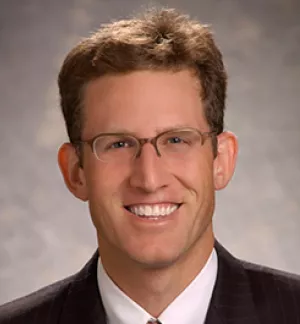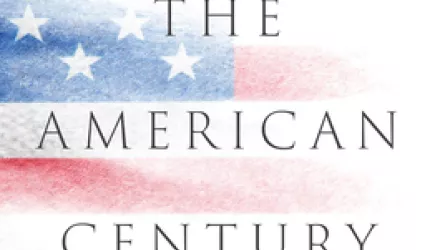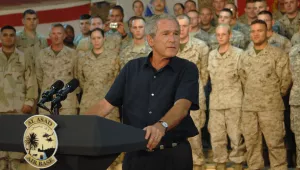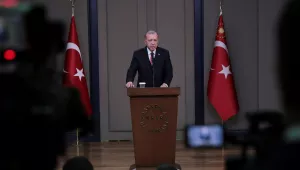PRESIDENT Bush would be on much firmer ground for reelection if he just acknowledged what we all know to be true: that we planned the knock-out blow against Saddam better than post-conflict reconstruction.
If Bush had made that mea culpa some months ago and admitted, "We didn't adequately prepare for it and things are not going exactly to plan, but we know you're concerns and are going to do better," he'd be in better shape in allaying people's fears about the future. He’d stand a higher chance of being reelected.
As it happens, people are scared of what Bush might do if he wins. Is he going to try to invade Iran or North Korea? What's going to happen in Iraq? Is the next four years going to be like the last? Will top neo-conservatives like Paul Wolfowitz be fired or promoted? Part of this anxiety is a product of the façade of confidence that the administration continues to project about Iraq, in the face of a continuing stream of terrible news.
Do President Bush and Vice President Cheney actually believe what they’re saying about Iraq? It is one thing if they are trying to maintain a brave face publicly. It would be quite another if those are their private views. We simply do not know. However, the disconnect between the stories out of Iraq and the rhetoric of the administration about the operation as a “remarkable success story” reinforces the view that the President and vice president would rather be consistent than right. It raises the specter of a White House that insists that victory is around the corner in the same way that our leaders did in Vietnam.
What would happen if the Bush administration had displayed more candor in the midst of a Presidential campaign? Partisans would argue that any scent of weakness would have been seized upon by the Kerry camp as an admission of failure. However, by not admitting or holding subordinates accountable for obvious policy shortcomings, the President has made it impossible for those dissatisfied with the current direction to register their concerns in any other way than by giving him a pink slip on November 2nd.
Admission of mistakes and some house-cleaning by the President would have reassured the voters that he is not hopelessly out of touch with what is happening. Some recognition that errors had occurred and that policies were being modified would inspire some confidence that the President has sufficient command of the situation and the instruments of policy to get us back on track.
When you look at the record of this White House, however, the foreign policy-making process appears to be broken and incapable of either advance planning or being responsive to facts on the ground. Many of the choices the Bush administration made after the Afghanistan war and the shock and awe campaign in Iraq were bad ones: a hasty switch in intelligence assets from Afghanistan to Iraq, starting the military action in Iraq without a plan in place for the aftermath, premature dissolution of the Iraqi army, deploying too few troops to secure weapons sites or to prevent looting, creating a permissive climate for the outrage of Abu Ghraib, no capacity to spend reconstruction funds, and large-scale diplomatic failure in building a robust coalition to fight and finance the Iraq war.
The Bush team, rather than seriously acknowledge mistakes, continues to describe the results to date as trending in the right direction, but this premise can no longer be defended in light of statements by prominent Republicans by Senators Dick Lugar, John McCain, and Chuck Hagel.
In March 1987, in the midst of the Iran-Contra scandal, Ronald Reagan, facing a restive Congress, saved his reputation and perhaps his Presidency by admitting that he had made a mistake in supporting the arms for hostages scheme. Reagan said, "A few months ago, I told the American people I did not trade arms for hostages. My heart and my best intentions still tell me that is true, but the facts and the evidence tell me it is not." President Bush would have been wise to follow President Reagan’s lead.
Josh Busby grew up in College Station, Texas, home of the George H.W. Bush Presidential library. He is a post-doctoral fellow at Harvard University’s Belfer Center for Science and International Affairs. The views are his own.
Busby, Joshua. “President Bush's Resolve Can Be the Opposite of Reassuring.” The Union Leader, October 30, 2004





